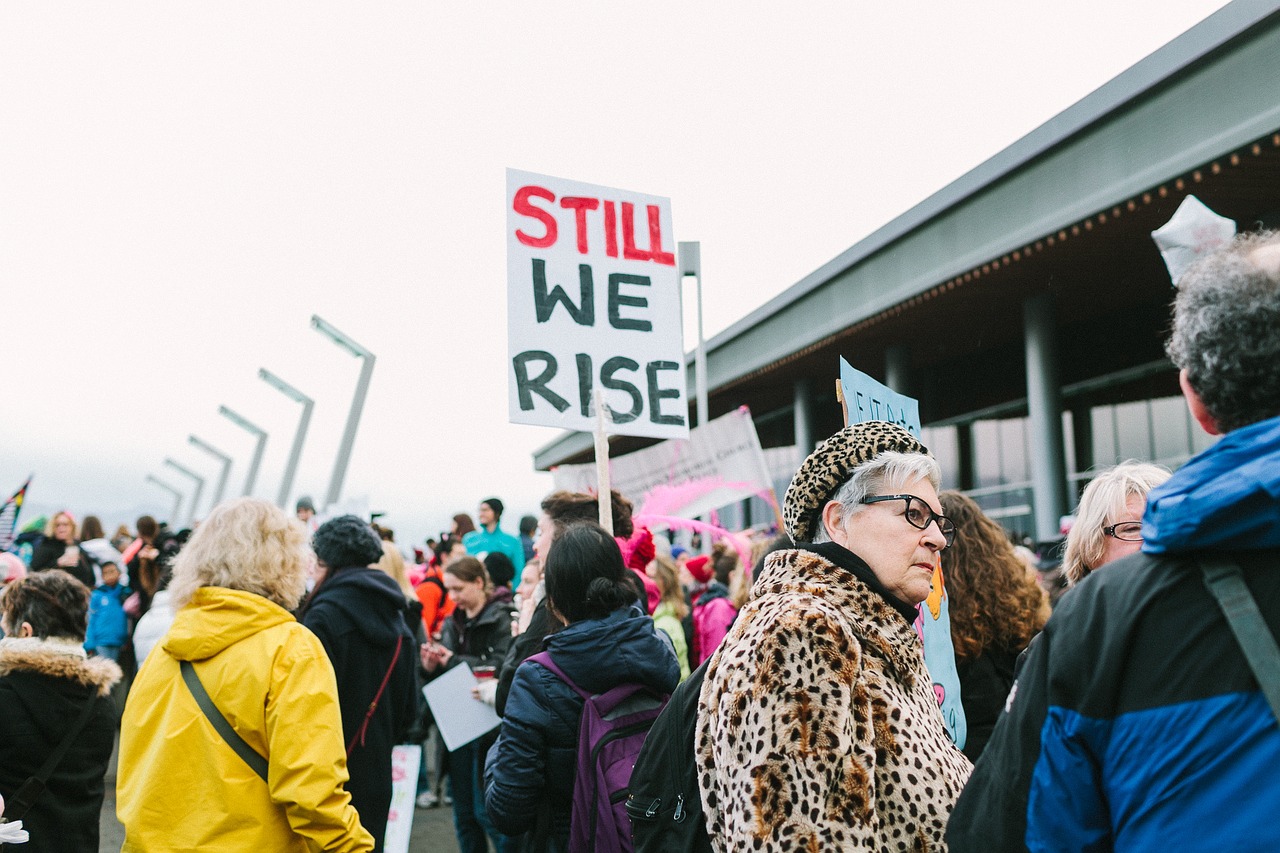Officials to Clarify Campus Protest Policy
University officials are deciding how to make the campus protest policy clearer in light of recent violent protests on college campuses.
Kit Foley, Vice President of Student Affairs, said that she and Amy Lahart, Dean of Students, have been talking about clarifying policies for students.
“We are not changing the protest policy, but we want to make it easier for students to understand. Students will always have the right for free assembly and we want them to contact the Vice President of Student Life and to let us know,” Foley said.
Lahart emphasized that the policy is to enable students to fully express their right to protest.
“The clarification and the expansion of the policy is for student usage of the policy. If [student protestors] set up shop somewhere, is that going to create some kind of a barrier? So rather than stumble on that, they will know what to do and who to contact,” Lahart said.
Currently, the free assembly policy states:
“The University readily acknowledges the rights of members to express their views by way of peaceful individual or collective protest on issues of institutional policy or on matters of interest to the University community. For reasons of courtesy, general information, and assistance, as well as good order, and to protest the rights of others, the University requests those contemplating such protests make their intentions known to the Vice President of Student Life.”
Recent college protects include a September 2015 protest at the University of Missouri based on incidents involving racism. The protest inspired students from many colleges in protest, including Ithaca College, Yale University and Amherst College. In early August, a torchlight parade by white nationalists and supremacists over the removal of a Confederate statue at the University of Virginia’s campus in Charlottetown, Va. turned deadly, with one protestor run down by a vehicle.
Sr. Jean Messaros and Sr. Cynthia March said hateful protests on campus would run counter to the values that the Misericordia community holds dear.
“For me it would be really hard to have white supremacy ideas and concepts expressed on this campus because that is not consistent with who we are, but we are an educational institution and there is a right way to express that,” said Sr. March.
Sr. March expressed her discomfort at the idea of hate blatantly expressed on campus, but she believes that society is not progressing because people are not taking the time to listen to one another.
“My immediate reaction to the events at UVA was that [white supremacists] shouldn’t be allowed to be on the street, but then I wanted to know the reason behind their anger; there must be something. We have to look at ourselves and not get caught up in this we vs. them from whatever perspective,” she said.
Sr. Messaros said she reacted very strongly to the violence at UVA because the Sisters of Mercy are looking at critical concerns through the lens of non-violence.
“There is a right for people to voice their opinion, but when it becomes violent then they’re abusing the right of another person to speak, and I don’t agree with that,” said Sr. Messaros.
Chiana Fladger, senior government, law and national security major, said the Charlottesville protests were “sad and unfortunate,” and she questioned whether people take advantage of their freedoms.
“This issue strongly deals with my major as it pertains to the Bill of Rights. Having the freedom to speak your opinion is a given right to people, but in this case it has taken a turn for the worse. Events like this that turn out to be horrendous exemplify the definition of people taking advantage of their freedoms. Although the way they went about it was tragic and repulsive, peaceful protest then turns into riots which leads to destruction,” said Fladger.
Stone McCreary, junior business administration major, offered a similar, although slightly different, perspective.
“There are bad people on both sides, and it is a shame how protesting can easily become radical. These riots, protests and vandalizing statues has gone way too far. I personally believe that taking down the statues of war generals and leaders is wrong because it is a part of our history. There is no doubt that these statues represent a dark time in America, but they represent what our country was and how we fought to overcome it,” said McCreary.

